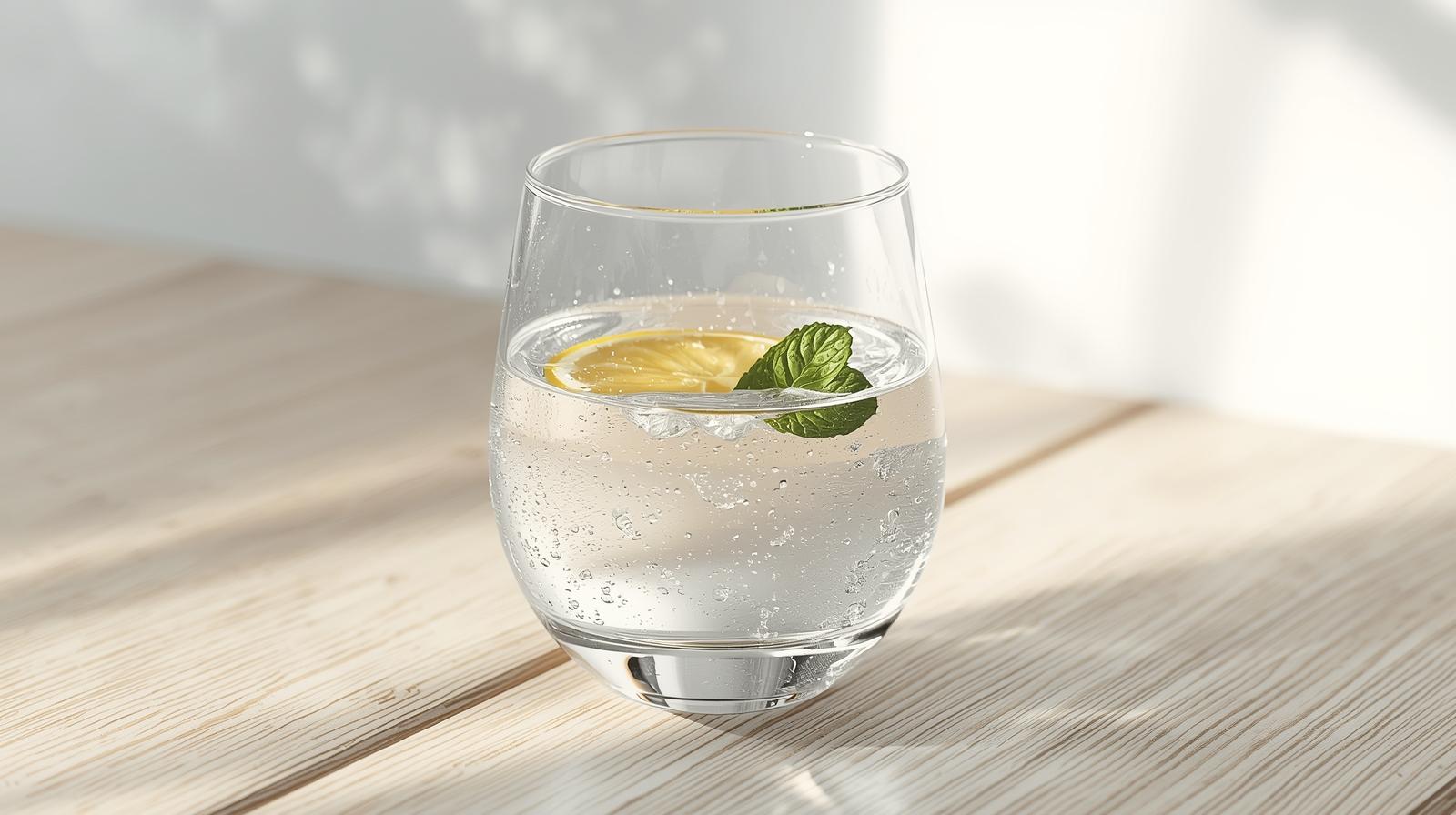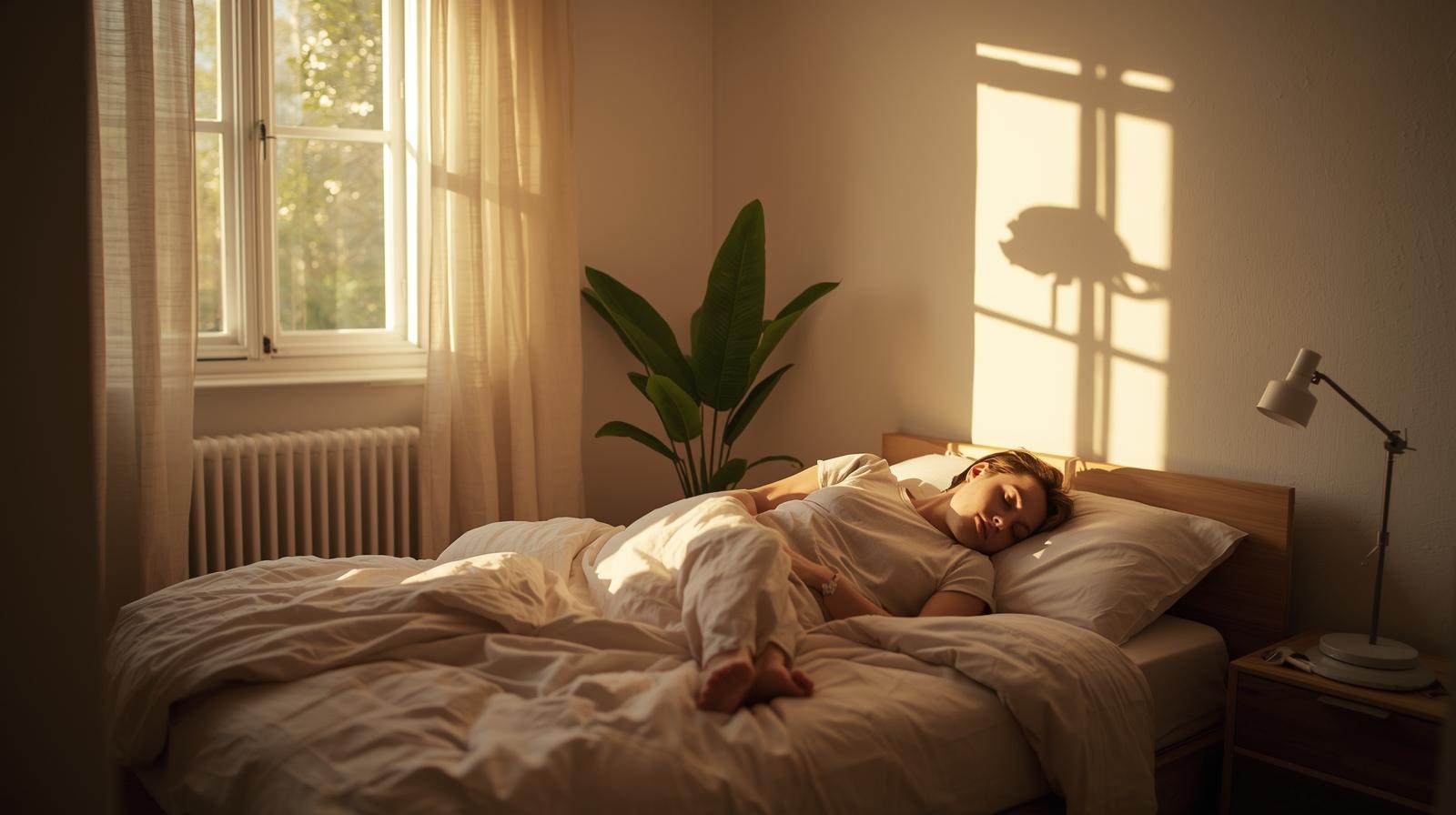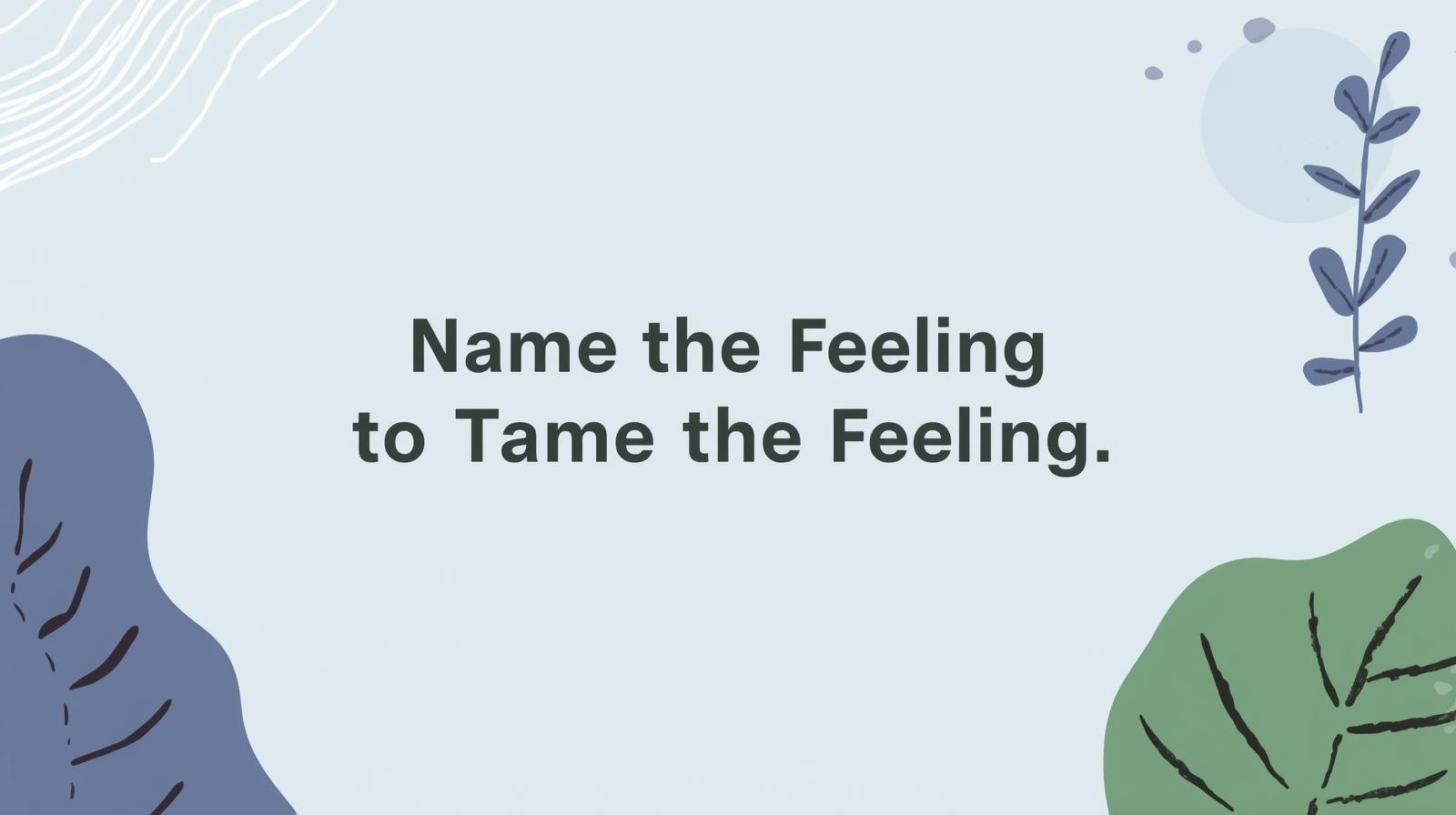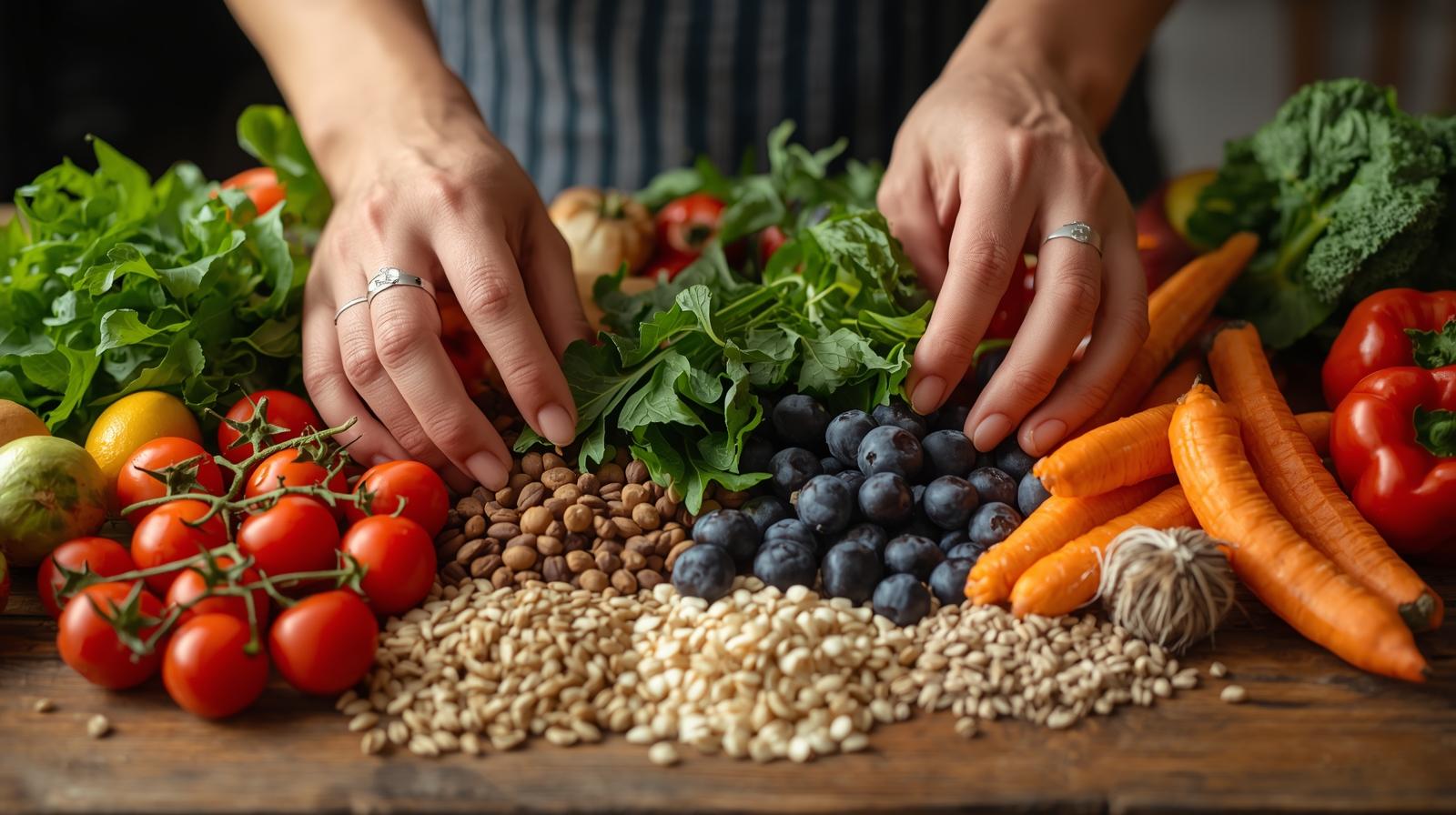
The Foundational Tip: Master Hydration - It's More Than Just Drinking Water
mubashar
2 months ago • 76 views
0 comments
While everyone knows they should "drink more water," truly understanding and mastering hydration is one of the most powerful and underrated levers for optimal health.
Why This is So Critical:
Water is not just a thirst-quencher; it's the medium in which every single metabolic process in your body occurs. Proper hydration is essential for:
Cognitive Function: Even mild dehydration (a loss of 1-2% of body weight) can impair concentration, memory, mood, and increase feelings of anxiety and fatigue.
Physical Performance: It regulates body temperature, lubricates joints, and delivers nutrients to cells. Dehydration leads to decreased endurance, increased fatigue, and reduced motivation.
Digestion and Detoxification: Water is crucial for forming saliva, breaking down food, preventing constipation, and allowing your kidneys to efficiently filter waste from the blood.
Skin Health: Well-hydrated skin appears more plump, elastic, and resilient, and can better perform its barrier function.
The Detailed Action Plan: How to Master Hydration
1. Determine Your Personalized Water Needs
Forget the old "8 glasses a day" rule. It's a good starting point, but your needs are individual. A better guideline is to drink (in ounces) half your body weight (in pounds).
Example: If you weigh 160 lbs, aim for roughly 80 ounces of fluid per day.
Key Factors That Increase Your Needs:
Exercise: Add 12-24 ounces for every 30 minutes of intense exercise.
Climate: Hot or dry weather and high altitudes increase water loss.
Diet: High sodium or high protein diets require more water for processing.
Health Status: Fever, vomiting, or diarrhea significantly increase needs.
Pregnancy/Breastfeeding: Fluid requirements are substantially higher.
2. Listen to Your Body's Signals (Before Thirst Hits)
Thirst is a late-stage indicator of dehydration, like a warning light on your car's dashboard. By the time you feel thirsty, you're already dehydrated.
The Urine Test: This is your best daily gauge. Aim for pale straw or light yellow-colored urine. Dark yellow or amber urine is a clear sign you need to drink more, immediately.
3. Strategize Your Intake
Don't just chug a liter at the end of the day. Space it out for optimal absorption and constant hydration.
Morning Kickstart (1-2 glasses): Drink a large glass of water as soon as you wake up to rehydrate after 7-9 hours of sleep.
Pre-Meal Hydration (1 glass 30 mins before): This aids digestion and can help prevent overeating.
Sip Throughout the Day: Keep a dedicated water bottle on your desk, in your car, or with you at home. Take regular sips rather than large, infrequent gulps.
Don't Fear Electrolytes: For standard daily hydration, water is perfect. However, if you're sweating profusely for over an hour, consider an electrolyte source. This can be a sugar-free electrolyte tablet, or natural options like a pinch of Himalayan salt and lemon in your water or coconut water.
4. Enhance Your Water (Make it Appealing)
If you find plain water boring, infuse it! This makes it more enjoyable and can add a micronutrient boost.
Herb & Fruit Infusions: Add slices of cucumber, lemon, lime, oranges, berries, mint, or basil to a pitcher of water.
Herbal Teas: Caffeine-free herbal teas (peppermint, chamomile, rooibos) count toward your fluid intake and offer their own health benefits.
Sparkling Water: Unsweetened sparkling water is a fantastic alternative to soda.
5. Be Mindful of Dehydrating Culprits
Certain substances can increase fluid loss.
Caffeine and Alcohol: Both are diuretics, meaning they promote water loss through urine. The common advice is to drink an extra glass of water for every caffeinated or alcoholic beverage you consume.
Expected Benefits & Timeline
Within 1 Week: You'll notice improved energy levels, less afternoon fatigue, sharper mental focus, and potentially better digestion.
Within 2-3 Weeks: Your skin may appear clearer and more hydrated. You'll find your "thirst trigger" resets, and you'll naturally start craving water.
Long-Term: Consistent, optimal hydration is a cornerstone for maintaining healthy kidney function, regulating blood pressure, supporting joint health, and achieving sustained energy and vitality.
By treating hydration not as an afterthought but as a deliberate, strategic part of your day, you unlock one of the simplest and most effective tools for vibrant health. Start here, and you'll find that many other aspects of healthy living—like better nutrition and more effective exercise—become easier to achieve.
Why This is So Critical:
Water is not just a thirst-quencher; it's the medium in which every single metabolic process in your body occurs. Proper hydration is essential for:
Cognitive Function: Even mild dehydration (a loss of 1-2% of body weight) can impair concentration, memory, mood, and increase feelings of anxiety and fatigue.
Physical Performance: It regulates body temperature, lubricates joints, and delivers nutrients to cells. Dehydration leads to decreased endurance, increased fatigue, and reduced motivation.
Digestion and Detoxification: Water is crucial for forming saliva, breaking down food, preventing constipation, and allowing your kidneys to efficiently filter waste from the blood.
Skin Health: Well-hydrated skin appears more plump, elastic, and resilient, and can better perform its barrier function.
The Detailed Action Plan: How to Master Hydration
1. Determine Your Personalized Water Needs
Forget the old "8 glasses a day" rule. It's a good starting point, but your needs are individual. A better guideline is to drink (in ounces) half your body weight (in pounds).
Example: If you weigh 160 lbs, aim for roughly 80 ounces of fluid per day.
Key Factors That Increase Your Needs:
Exercise: Add 12-24 ounces for every 30 minutes of intense exercise.
Climate: Hot or dry weather and high altitudes increase water loss.
Diet: High sodium or high protein diets require more water for processing.
Health Status: Fever, vomiting, or diarrhea significantly increase needs.
Pregnancy/Breastfeeding: Fluid requirements are substantially higher.
2. Listen to Your Body's Signals (Before Thirst Hits)
Thirst is a late-stage indicator of dehydration, like a warning light on your car's dashboard. By the time you feel thirsty, you're already dehydrated.
The Urine Test: This is your best daily gauge. Aim for pale straw or light yellow-colored urine. Dark yellow or amber urine is a clear sign you need to drink more, immediately.
3. Strategize Your Intake
Don't just chug a liter at the end of the day. Space it out for optimal absorption and constant hydration.
Morning Kickstart (1-2 glasses): Drink a large glass of water as soon as you wake up to rehydrate after 7-9 hours of sleep.
Pre-Meal Hydration (1 glass 30 mins before): This aids digestion and can help prevent overeating.
Sip Throughout the Day: Keep a dedicated water bottle on your desk, in your car, or with you at home. Take regular sips rather than large, infrequent gulps.
Don't Fear Electrolytes: For standard daily hydration, water is perfect. However, if you're sweating profusely for over an hour, consider an electrolyte source. This can be a sugar-free electrolyte tablet, or natural options like a pinch of Himalayan salt and lemon in your water or coconut water.
4. Enhance Your Water (Make it Appealing)
If you find plain water boring, infuse it! This makes it more enjoyable and can add a micronutrient boost.
Herb & Fruit Infusions: Add slices of cucumber, lemon, lime, oranges, berries, mint, or basil to a pitcher of water.
Herbal Teas: Caffeine-free herbal teas (peppermint, chamomile, rooibos) count toward your fluid intake and offer their own health benefits.
Sparkling Water: Unsweetened sparkling water is a fantastic alternative to soda.
5. Be Mindful of Dehydrating Culprits
Certain substances can increase fluid loss.
Caffeine and Alcohol: Both are diuretics, meaning they promote water loss through urine. The common advice is to drink an extra glass of water for every caffeinated or alcoholic beverage you consume.
Expected Benefits & Timeline
Within 1 Week: You'll notice improved energy levels, less afternoon fatigue, sharper mental focus, and potentially better digestion.
Within 2-3 Weeks: Your skin may appear clearer and more hydrated. You'll find your "thirst trigger" resets, and you'll naturally start craving water.
Long-Term: Consistent, optimal hydration is a cornerstone for maintaining healthy kidney function, regulating blood pressure, supporting joint health, and achieving sustained energy and vitality.
By treating hydration not as an afterthought but as a deliberate, strategic part of your day, you unlock one of the simplest and most effective tools for vibrant health. Start here, and you'll find that many other aspects of healthy living—like better nutrition and more effective exercise—become easier to achieve.




